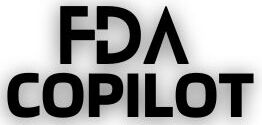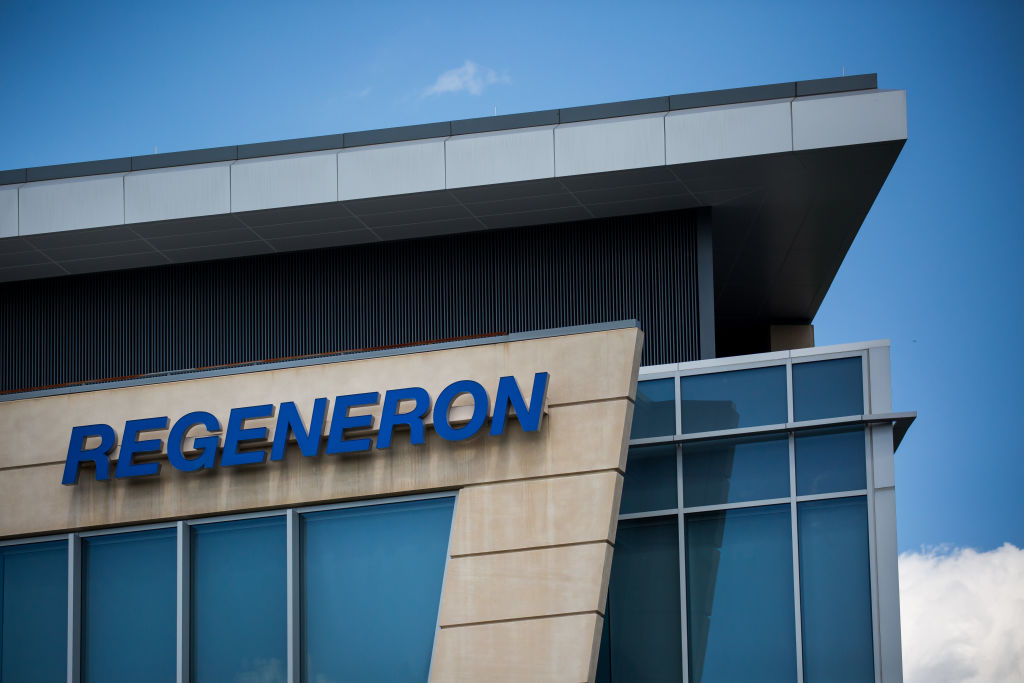Regeneron Pharmaceuticals, a player in the pharmaceutical industry, faces a delay in joining the market of new multiple myeloma treatments due to a recent FDA rejection. The refusal to approve Regeneron’s drug candidate, linvoseltamab, was not based on issues with the drug itself but rather concerns regarding the third-party manufacturer responsible for its production. This information was discussed during Regeneron’s conference call on August 1, where CEO Leonard Schleifer revealed that the FDA had identified unresolved findings at the contract manufacturer’s facility—findings that were related to another drug developed at the same site. A reinspection of this facility is mandated before any potential approval of linvoseltamab can proceed.
Regeneron, based in Tarrytown, New York, has indicated that the inspection issues at the contract manufacturer are the sole barriers to obtaining approval for linvoseltamab. The company believes these issues have been resolved according to their contractor and anticipates an FDA reinspection in the near future. Meanwhile, Regeneron also mentioned that a review by the European Medicines Agency concerning linvoseltamab is still in progress.
Linvoseltamab, a bispecific antibody, serves as an innovative approach to treating multiple myeloma. It operates by targeting two specific proteins: BCMA on multiple myeloma cells and CD3 on a patient’s T cells. Binding to these targets simultaneously initiates T cells to attack and destroy the myeloma cells. Results from a pivotal Phase 1/2 study, which included patients with advanced cases of multiple myeloma, were promising; 46% of these patients achieved a complete response or better after a median follow-up period of 11 months, and 62% showed a very good partial response or better after just one month of treatment. Furthermore, these responses were noted to be durable, with data presented at major medical meetings showing sustained and even deepened responses over time.
The pressing need for novel treatments for multiple myeloma is underscored by the frequent relapses observed with current treatment options, indicating the necessity for new therapies as patients progress through existing regimens. Two noteworthy drugs in this space include Johnson & Johnson’s Tecvayli and Pfizer’s Elrexfio, both targeting BCMA and approved for use as fifth-line treatments in cases where multiple prior therapies have failed. These drugs are administered via injection—Tecvayli on a biweekly schedule after initial weekly doses, and Elrexfio every other week following step-up dosing.
Regeneron’s linvoseltamab, also administered every other week post step-up dosing, potentially stands out by positioning itself for approval for treating multiple myeloma after fewer prior lines of therapy—specifically, after at least three earlier treatments have been tried. This strategy could provide an advantage by offering an option for earlier intervention compared to existing fifth-line treatments, addressing the unmet needs of patients who have exhausted fewer treatment avenues.
Despite the current regulatory setback due to manufacturing concerns, the promising clinical results of linvoseltamab present a hopeful future in the treatment landscape of multiple myeloma, pending resolution of the FDA’s concerns with the manufacturing process and subsequent reevaluation of the treatment’s approval status. The ongoing developments and outcomes of the FDA’s reinspection and the decision of the European Medicines Agency will be critical next steps in determining the availability of linvoseltamab to patients in need of new treatment options for advanced multiple myeloma.
#FDA #Rejection #Delays #Regeneron #Competing #Pfizer #Multiple #Myeloma



